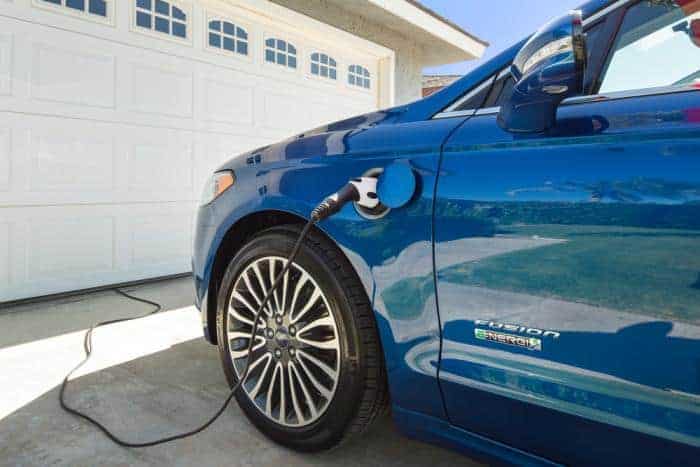In recent years, clean energy has set remarkable records, and the momentum shows no signs of slowing down. According to insights from the Solar Energy Industries Association and Wood Mackenzie, solar PV accounted for a significant 43% of new electricity-generating capacity additions through Q3 2020. Simultaneously, despite a dip in overall auto sales, electronic vehicles (EVs) experienced a notable 43% growth in 2020. Even amid a global pandemic, the demand for eco-friendly solutions has surged, highlighting the resilience of these industries.
The symbiotic relationship between solar energy and electric vehicles is a driving force behind this surge. Solar power not only fuels homes but also keeps EVs running efficiently, offering a cleaner and more economical solution. Homes equipped with SunPower’s highly efficient solar panels can generate more power in less space, enabling homeowners to produce their energy instead of solely relying on the electrical grid. This translates into substantial savings on monthly utility bills.
For times when solar power isn’t directly available, SunPower’s SunVault™ storage solution steps in. With intelligent software, SunVault allows homeowners to store excess energy, use it during peak demand hours, or tap into it during power outages. This versatility is particularly valuable for EV owners, ensuring their vehicles remain charged and ready to go.
Calculating the cost of EV consumption involves a different approach, focusing on kilowatt-hours per 100 miles. By multiplying the vehicle’s kWh/100 miles by the cost of electricity, drivers can determine their costs, factoring in demand charges and fees. This calculation often reveals that EVs, especially when charged by solar power, are more eco-friendly and economical in the long run compared to their fuel-based counterparts.
The trend of using solar energy to power electric vehicles extends beyond residences. Auto dealerships are recognizing the value of keeping their EV fleets charged and ready for test drives. As leading manufacturers like Toyota and BMW continue to expand their electric vehicle offerings, the demand for economical charging solutions will rise. Solar power, being both affordable and sustainable, stands out as the most viable option.
As the world moves towards a greener future, the integration of solar energy and electric vehicles is poised to play a pivotal role. With the promise of affordability, sustainability, and reliability, solar power is set to power not just homes but also the future of transportation.
[Note: Include a specific call-to-action or link for readers to explore solar solutions if applicable.]











